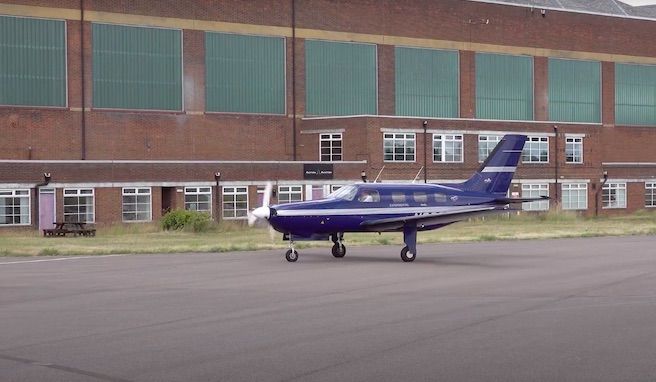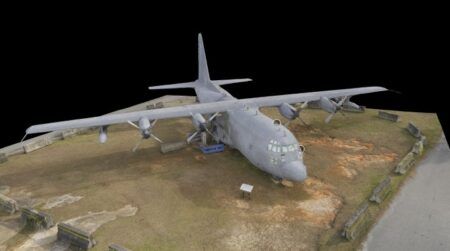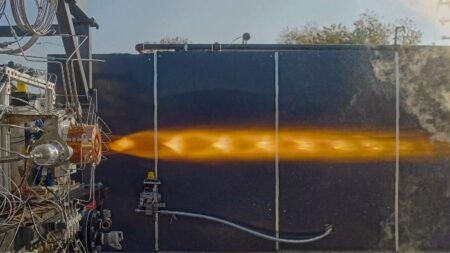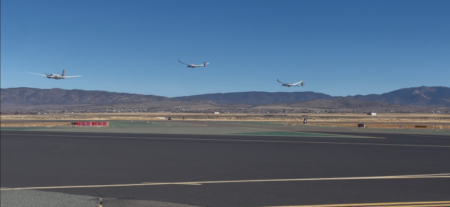ZeroAvia has confirmed that its test aircraft crashed during a flight at Cranfield Airport in the UK last week with the hydrogen and electrical systems on the aircraft remained intact.
The “off-airport landing” as ZeroAvia has termed the incident happened during a scheduled test flight on April 29. The aircraft landed on its wheels in the flat-grass field, but failed to come to a stop and was damaged as the main left gear and wing was caught in uneven terrain at the end of the field while moving at low speed.
ZeroAvia’s test aircraft is a Piper Malibu Mirage modified with a hydrogen tank, fuel cell and electrical systems that first flew at Cranfield in June 2020.
Nobody involved with the test flight was injured and the incident is now being investigated by the UK’s Air Accidents Investigation Branch (AAIB), alongside a team of experts appointed by ZeroAvia.
Crews from across the county have attended an aircraft incident in #Cranfield this afternoon. All persons were accounted for and no serious injuries reported. Our drone unit took the below pictures whilst at the scene. pic.twitter.com/IbKJj6un3f
— Bedfordshire Fire Control (@Beds_FireCtrl) April 29, 2021
The company said it expects the crash and investigation to delay its 6-seat HyFlyer demonstration program that was expected to conclude this month. However it does not expect the crash to negatively impact its HyFlyer 2 program, which is developing a 10-20 seat aircraft and its large-engine development program for a 50-seat aircraft.
The UK Government is funding the HyFlyer 2 program with £12.3 million (US$16.3 million) to help develop and certify its 19-seat hydrogen-electric powered aircraft by 2023.
The company also confirmed that the structural integrity of ZeroAvia hydrogen and electrical systems were maintained throughout the incident and that there were no unintended releases or fire. It added that the flight test crew were able to follow protocols after the crash to safeguard the battery and safely release hydrogen from the onboard tanks.
Full data logs from the test flight were preserved and will be used in the investigation.
The internal investigation team will be led by Dominic Cheater, ZeroAvia’s head of airworthiness and include: Christine Ourmieres-Widener, a senior advisor and member of ZeroAvia’s board of directors, Richard King, global policy lead for ZeroAvia, Dr. Yousef Abdelli, ZeroAvia’s CTO of Propulsion and flight test engineer James Yapp.
ZeroAvia said, “The investigation team will deliver a full review of the incident in collaboration with the UK’s AAIB, in-line with industry best practices and procedures. It will investigate the technical and operational events of the incident, identify its root causes, and ensure we learn from them.
“The process is already underway and we will share more once it is complete.”
Related Stories:
Podcast: Andrew Patton, advisory board member, ZeroAvia
Hydrogen-electric aircraft development moves forward with multi-million funding awards for ZeroAvia
Prototype air-cooled fuel cell for aircraft passes key validation tests





